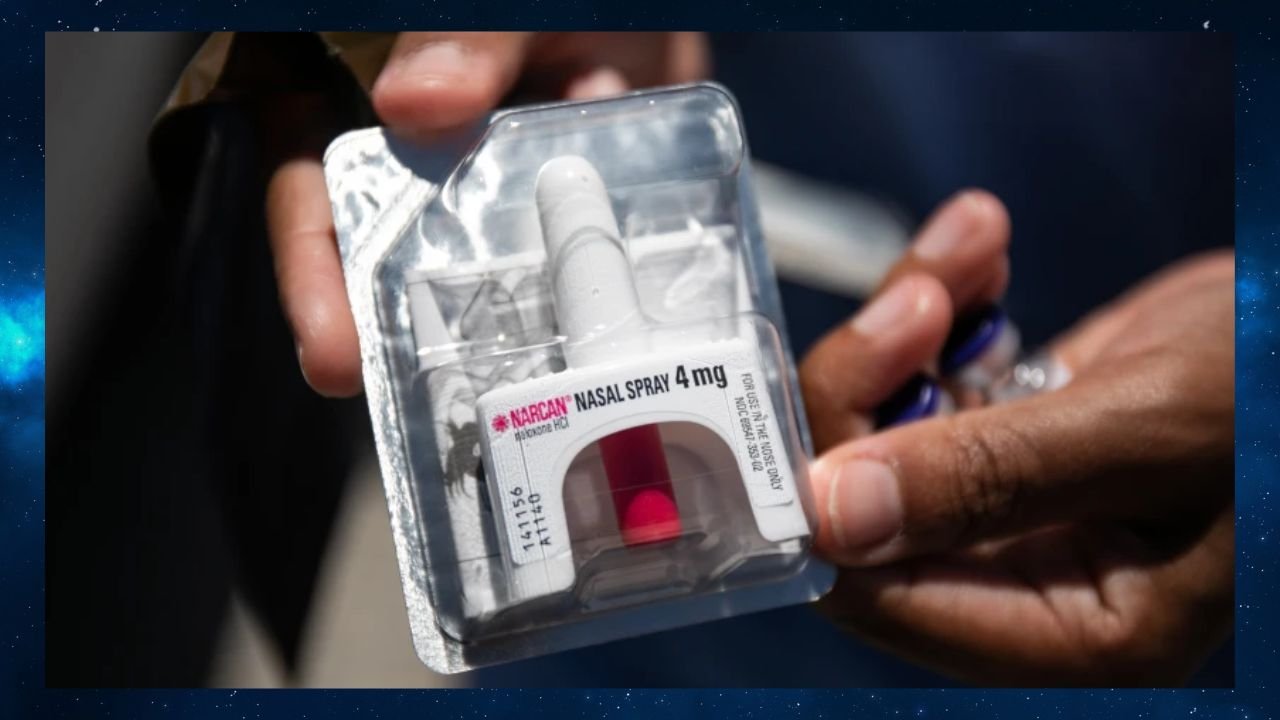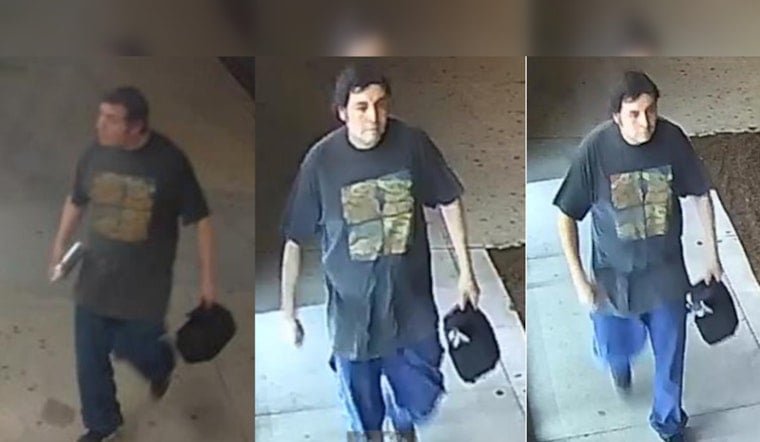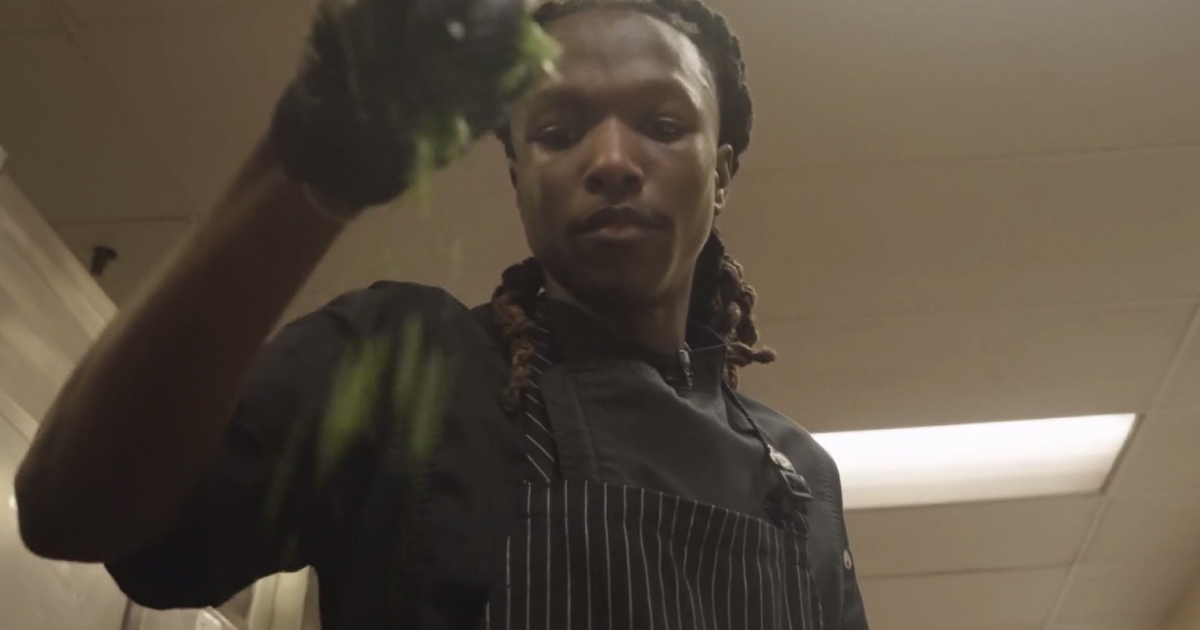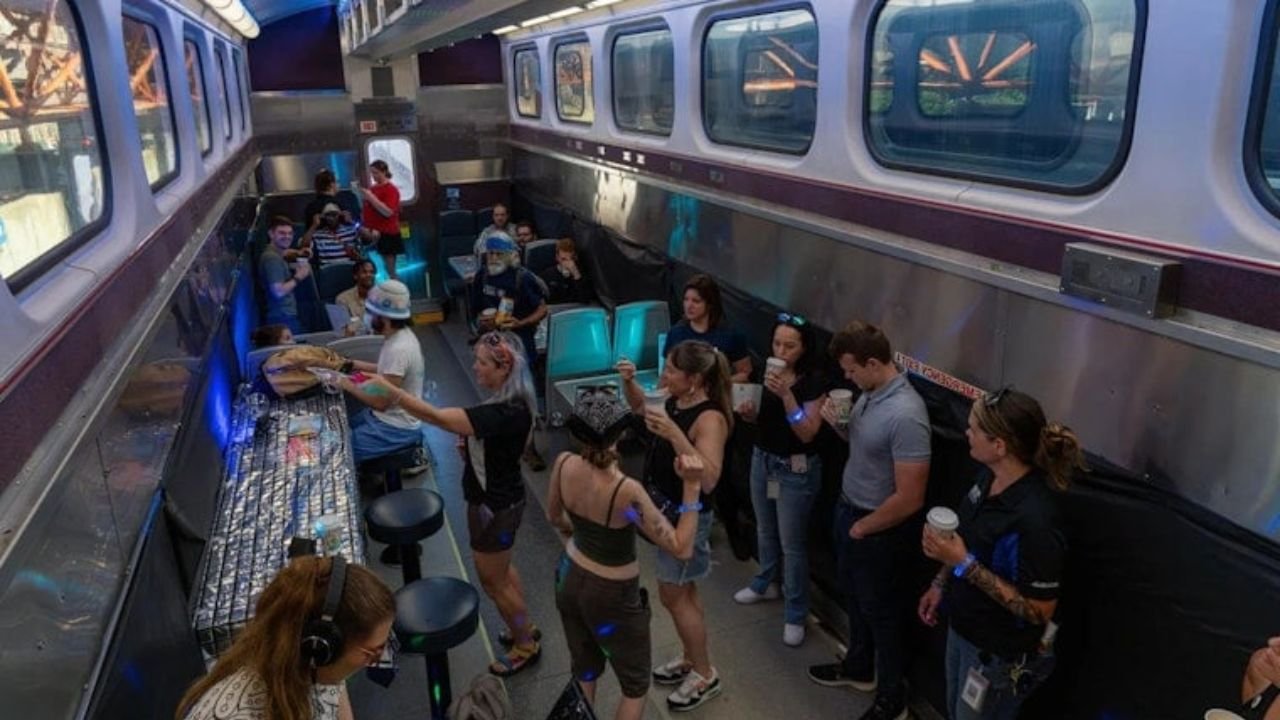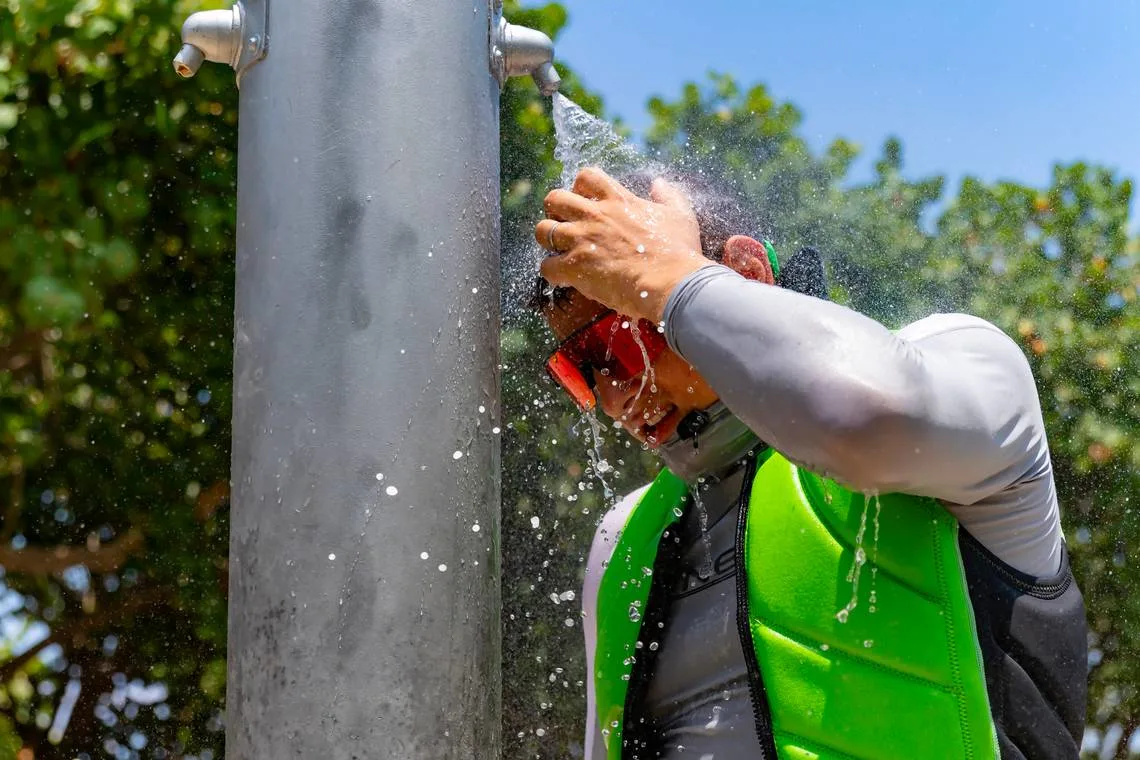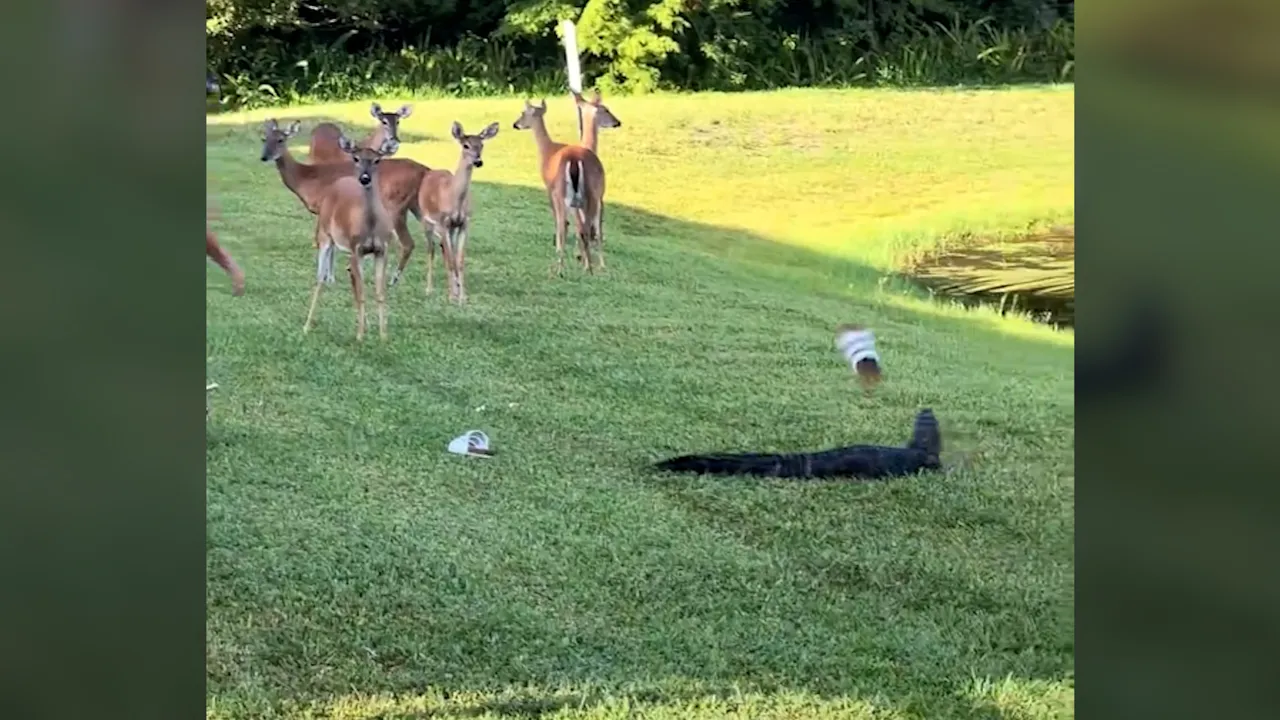CHICAGO — A sweltering weekend heat wave in Chicago triggered a surge of opioid overdoses, prompting city health officials to activate their emergency spike alert system for the first time this year.
According to the Chicago Department of Public Health (CDPH), at least 60 overdoses were reported across the city on Friday and Saturday — including over 37 cases on Saturday alone. That figure crossed the city’s new overdose alert threshold of 37, down from last year’s threshold of 50.
City Deploys Response Teams With Naloxone
In response to the spike, city health teams and community partners canvassed neighborhoods hit hardest, distributing naloxone (Narcan) — a fast-acting opioid reversal spray — and providing treatment resources.
“Public health is always about prevention… We’ve seen fatalities decrease significantly over the last few years,” said Dr. Jenny Hau, CDPH’s interim deputy commissioner for behavioral health.
Heat Wave Intensifies Risk For Drug Users
The heat index hit 106 degrees on Saturday as temperatures soared to 95°F, according to the National Weather Service. Health experts believe the extreme weather likely contributed to the sudden rise in overdoses.
“We always see a seasonal increase in overdoses, and heat has a pretty close correlation,” Hau explained.
Because most overdoses occur outdoors, the summer heat increases exposure and risks for users — especially on the city’s West Side.
West Side Neighborhoods See Most Overdose Calls
More than a third of overdose-related EMS calls during the spike came from just five neighborhoods:
-
East Garfield Park
-
West Garfield Park
-
North Lawndale
-
Austin
-
Humboldt Park
These areas have long been impacted by the opioid crisis, which has shifted in recent years to being driven largely by synthetic opioids like fentanyl.
Chicago’s Ongoing Battle With Synthetic Opioids
City health officials say drugs are often sold under names like heroin, fentanyl, or “dope” — but most contain some combination of synthetic opioids, creating deadly unpredictability.
“We check drugs sold on the street to see what they really contain,” Hau said. “Fentanyl is nearly always present.”
While 2021 marked the city’s deadliest year with 1,400+ overdose deaths, the number declined to 1,322 in 2023 — and average daily overdoses this year are down to 22.
Still, health officials say preventative outreach and rapid response remain critical.
Have you or someone you know been impacted by the opioid crisis in Chicago? Share your thoughts or experiences with us in the comments. For immediate help, call 311 to access city health resources.

